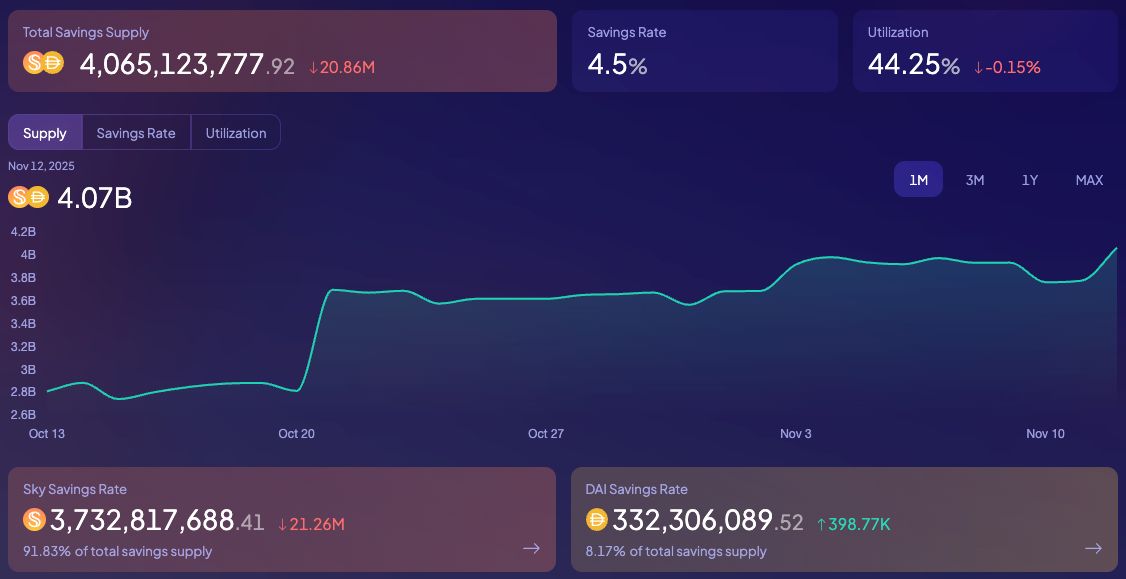China Adjusts Its Tech Strategy While SoftBank Invests $22.5B in AI Prospects
- China suspends dual-use material export bans to the U.S. until 2026, signaling strategic recalibration in tech rivalry amid geopolitical tensions. - SoftBank sells $5.83B Nvidia stake to fund $22.5B AI investments in OpenAI and robotics, sparking debates over financial risks and AI innovation focus. - China-EU flights resume at 95% capacity, reflecting improved post-pandemic bilateral ties as India and China ease tensions post-2020 clashes. - Meta's Yann LeCun exits to launch "world models" startup, high
China’s recent move to temporarily lift its export ban on dual-use materials to the United States has attracted attention amid ongoing trade and technology disputes, according to a
At the same time, shifting geopolitical and economic dynamics are influencing international relations. China Eastern Airlines has restarted direct flights between Shanghai and Delhi, achieving a 95% passenger load, which marks the first such route operated by a mainland Chinese airline in 2025, according to a
In technology, SoftBank Group’s bold shift in investment strategy has made waves in global markets. The Japanese firm has divested its entire $5.83 billion holding in
The artificial intelligence industry itself is experiencing major changes. Meta’s chief AI scientist, Yann LeCun, is preparing to leave and start a new company focused on “world models”—AI systems that can mimic and interpret the real world, according to a
As global technology leaders and policymakers adapt to these changes, the relationship between trade regulations, investment strategies, and innovation will likely shape the next era of economic rivalry. China’s dual-use export measures, SoftBank’s AI-focused investments, and the shifting landscape of AI research all underscore the intricate dynamics transforming the tech world in 2025.
Disclaimer: The content of this article solely reflects the author's opinion and does not represent the platform in any capacity. This article is not intended to serve as a reference for making investment decisions.
You may also like
BNY projects a $3.6 trillion stablecoin market, contingent upon regulatory clarity and institutional cooperation
- BNY Mellon forecasts $3.6T stablecoin/tokenized cash market by 2030, driven by institutional adoption and regulatory progress. - EU MiCA and U.S. GENIUS Act (2025) mandate 100% reserve backing, fostering institutional confidence through clear compliance standards. - JPMorgan's JPMD stablecoin and USDsui's yield-focused model exemplify institutional blockchain integration for faster payments and liquidity. - Regulatory fragmentation and UK-style reserve caps could hinder growth, while permissioned chains

XRP Reserve Shrinks by 140,158,000, Who’s Buying?
SKY Surges 14% as Savings TVL Passes $4 Billion

A Major Economy Plans to Sell All the Bitcoin and Altcoins It Has Seized – Here Are the Details